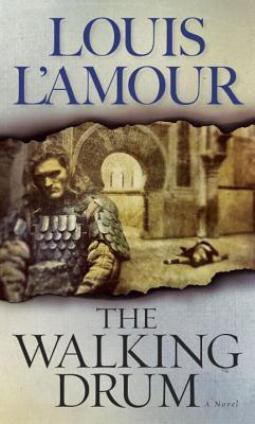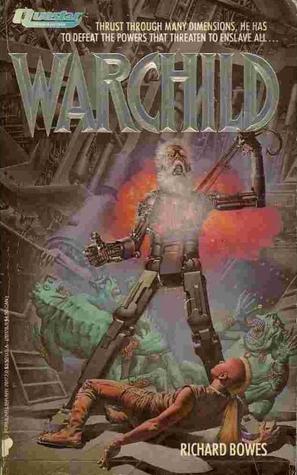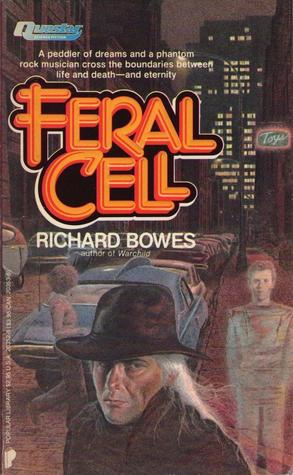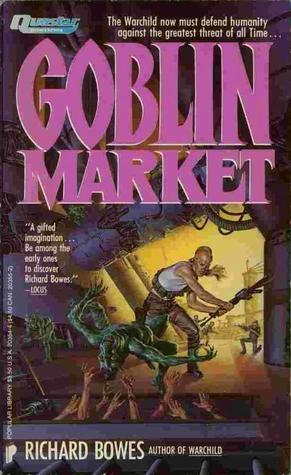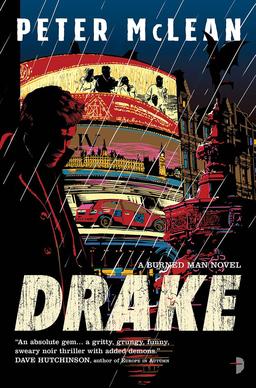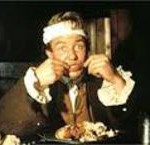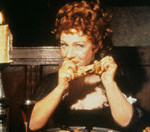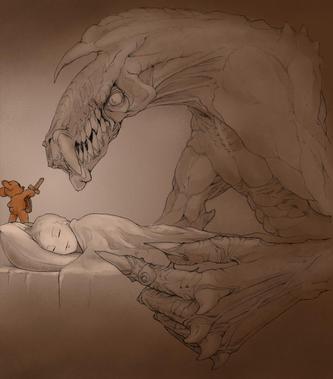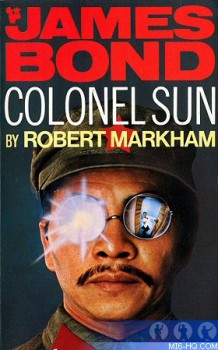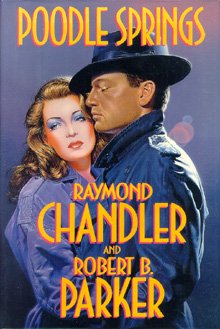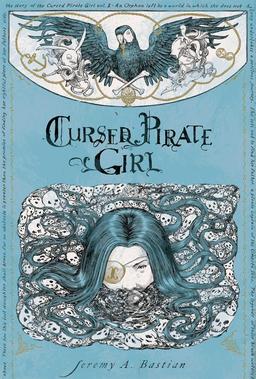 My Exploring Fantasy Genre Writing course was designed based on the idea that “story” can be told in a vast array of forms; and exploring those forms, both through observation and by wading in and taking a crack at them, enriches the way we work when we return to our preferred art form. Even if one’s painting skills are closer to a kindergartner’s finger-painting “masterpiece” than Leonardo da Vinci’s “Mona Lisa,” the act of working with paints can help us better understand the use of color to create a desired mood.
My Exploring Fantasy Genre Writing course was designed based on the idea that “story” can be told in a vast array of forms; and exploring those forms, both through observation and by wading in and taking a crack at them, enriches the way we work when we return to our preferred art form. Even if one’s painting skills are closer to a kindergartner’s finger-painting “masterpiece” than Leonardo da Vinci’s “Mona Lisa,” the act of working with paints can help us better understand the use of color to create a desired mood.
The course is designed specifically to look at the reach of the Fantasy genre across a wide array of media and forms including fiction, fairytales, film, television, cartoons, children’s books, music (classical and otherwise), music videos, plays, radio plays, audio and video blogs, art, photography, fashion, comic books, mock journalism, poetry, games, and any other form we may stumble across.
Each week starts with an exploration of a Fantasy theme that has a large body of work built around it, such as Mermaids, Pirates, The Big Bad Wolf, Alice in Wonderland, Voodoo, Arthurian Legends, the dizzing array of Faerie creatures, The Ring of the Niebelung, and psychic detectives. After covering the basics of the theme, we read, look at, watch, and listen to various works based on or inspired by that trope.
For example, for the Pirates unit we: read issue 2 of the comic book Cursed Pirate Girl; read the short story “We Are Norsemen” (because Vikings are simply Norse pirates), recite three short poems about pirates by Shel Silverstein and laugh at his cartoon drawings; watch a short, animated historical film about Jean Lafitte, America’s most famous pirate, on YouTube; then read an essay I wrote about some little-known pirate women from around the world.
…
Read More Read More
